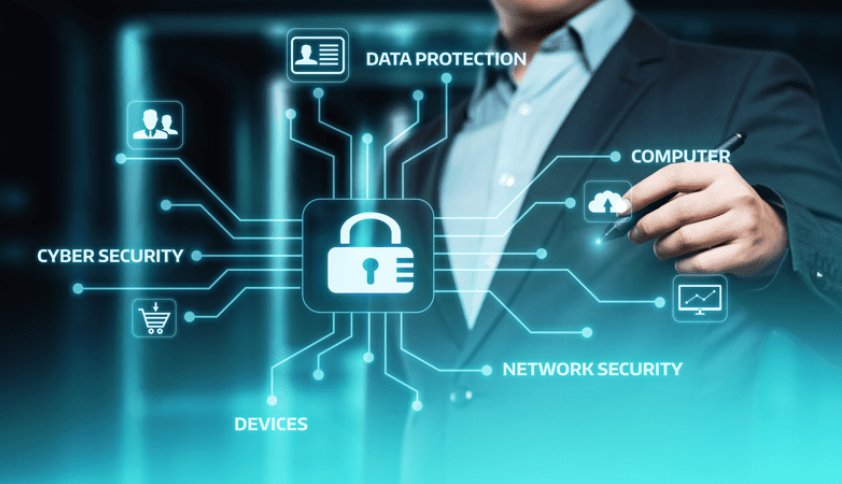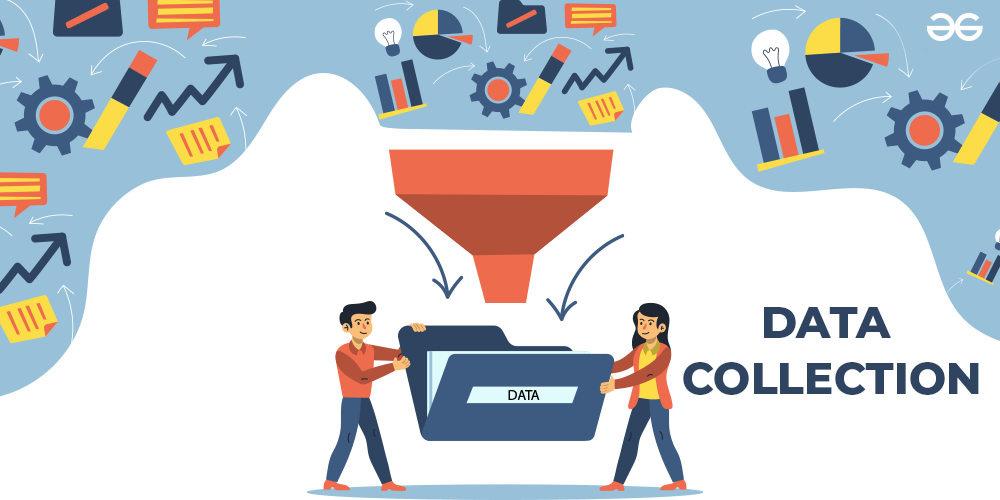
Every click, tap, and search you make on the internet tells a story — about who you are, what you like, and even where you’ve been. But have you ever stopped to wonder just how much of that story remains private? The truth is, in today’s digital world, very little of your data is truly private.
From social media activity to online shopping, companies and websites constantly collect information about users. While much of this data gathering is used for advertising or “personalized experiences,” it can also expose your personal details in ways you may not expect.
Let’s explore how your information is collected, who has access to it, and what you can do to reclaim some control.
Every time you go online, different types of data are gathered in the background — often without your full awareness. These include:
Even seemingly harmless activities like watching a video or reading an article can add to your digital footprint — a detailed profile that advertisers, companies, and sometimes hackers can use.
The answer is: almost everyone online.
Your data travels through many hands — and not all of them are transparent about how they use it.
Most companies claim they collect data to improve your “user experience,” but in reality, data has become a form of currency. It’s used to:
While these uses might make your experience online smoother, they also reduce your control over your own personal information.
When your data is mishandled or shared without consent, it can lead to serious consequences:
The more data that’s available about you, the easier it becomes for others to exploit it.
The good news is, while you can’t eliminate all data collection, you can significantly limit it with a few smart practices:
1. Use privacy-focused browsers and search engines
Switch to browsers like Brave or Firefox and search engines such as DuckDuckGo that don’t track your activity.
2. Check and adjust privacy settings
Review privacy settings on all your social media and apps. Disable unnecessary tracking, ad personalization, and data-sharing options.
3. Clear cookies and browser history regularly
This reduces the amount of data websites can use to track you across the web.
4. Use VPNs and encrypted connections
A Virtual Private Network hides your IP address and encrypts your internet activity, keeping it safe from hackers and trackers.
5. Think before signing up or sharing information
Only provide the data necessary for a service, and be skeptical of websites asking for excessive permissions.
6. Read privacy policies — or at least skim them
While they can be long and complex, pay attention to sections about data sharing and retention.
Absolute online privacy might no longer exist, but awareness and action can make a big difference. Governments and tech companies have a role in protecting users, but individuals must also take responsibility for their own digital safety.
Every choice — from what you share on social media to what permissions you grant an app — shapes your digital privacy.
In the modern world, data is more valuable than oil — and you’re the source. While you can’t completely disappear from the internet, you can take meaningful steps to control what information you leave behind.
Protecting your privacy starts with understanding how data flows, making conscious choices, and developing habits that put your security first. Because once your information is out there, getting it back is nearly impossible — but guarding it from the start is entirely within your power.
 Like
0
Like
0
 Dislike
0
Dislike
0
 Love
0
Love
0
 Funny
0
Funny
0
 Angry
0
Angry
0
 Sad
0
Sad
0
 Wow
0
Wow
0